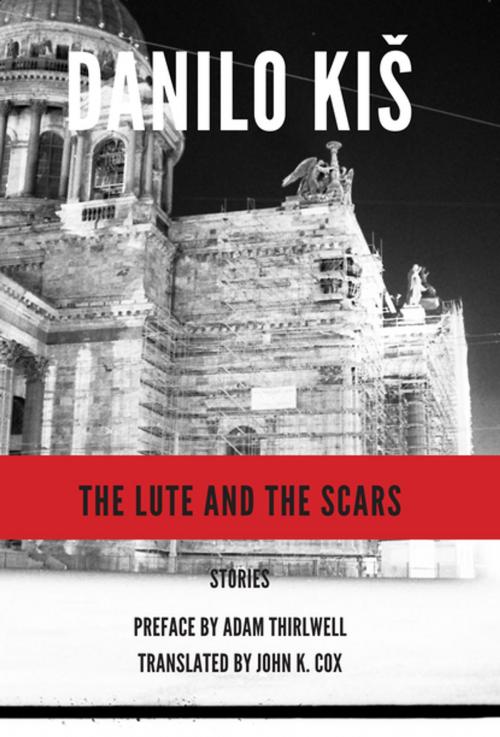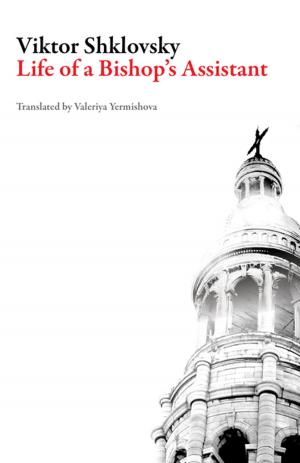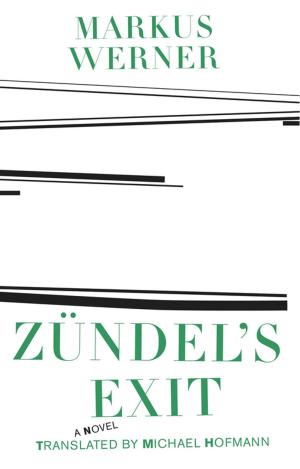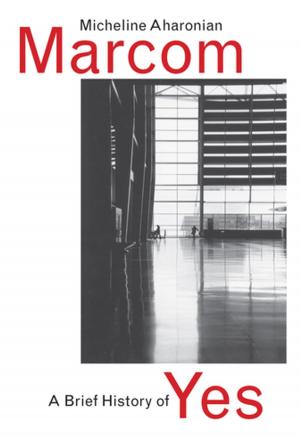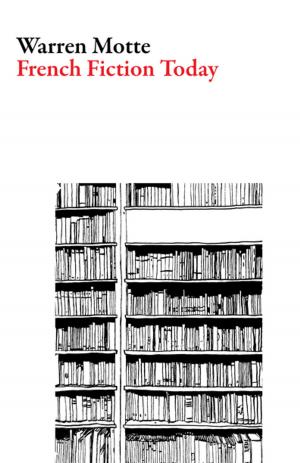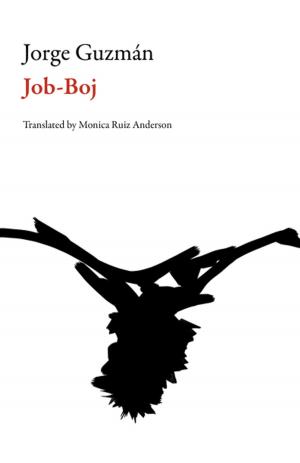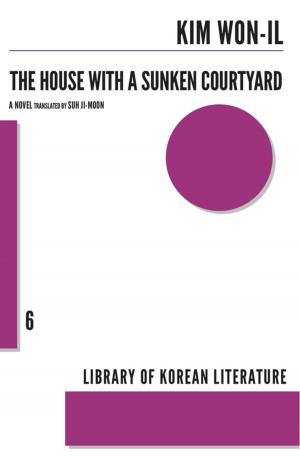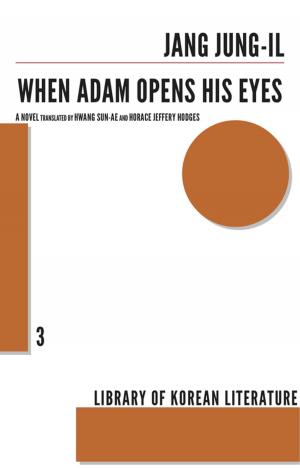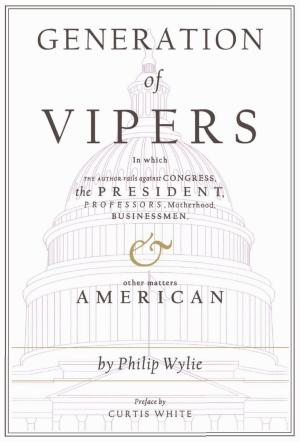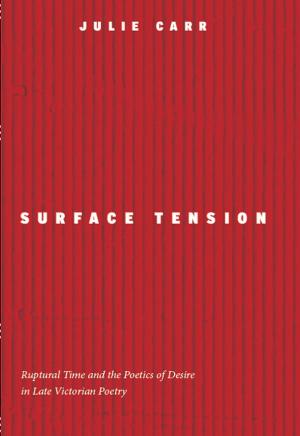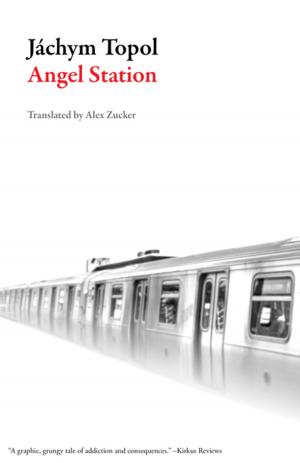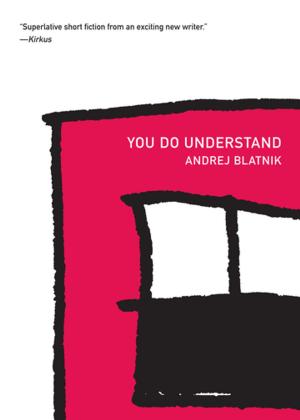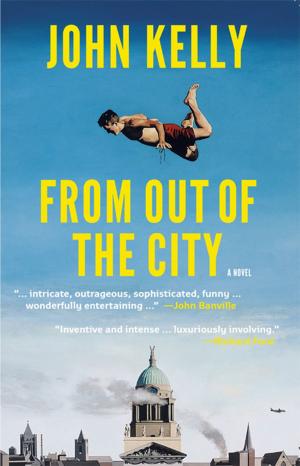| Author: | Danilo Kis | ISBN: | 9781564787767 |
| Publisher: | Dalkey Archive Press | Publication: | August 21, 2012 |
| Imprint: | Dalkey Archive Press | Language: | English |
| Author: | Danilo Kis |
| ISBN: | 9781564787767 |
| Publisher: | Dalkey Archive Press |
| Publication: | August 21, 2012 |
| Imprint: | Dalkey Archive Press |
| Language: | English |
Written between 1980 and 1986, the six stories that constitute The Lute and the Scars (as well as an untitled piece by the author, included here as "A and B") were transcribed from the manuscripts left by Danilo Kiš following his death in 1989. Like the title story, many of these texts are autobiographical. Others resurrect protagonists belonging to Kiš’s fellow Central European novelists, allowing readers to identify, perhaps, depending on the level of obfuscation, fantasy,and historical accuracy, figures dreamed up by Ödön von Horváth and Endre Ady ("The Stateless"), by the Yugoslavian Nobel laureate Ivo Andric (“Debt”), and by Piotr Rawicz.
Against a background of oppressive regimes and political exile, readers will find that the never-ending debate between death and writing continues unabated in these stories—death as allegory or as a voluntary symbolic act, and writing as the one impregnable defense, writing as the only possible means of survival.
Written between 1980 and 1986, the six stories that constitute The Lute and the Scars (as well as an untitled piece by the author, included here as "A and B") were transcribed from the manuscripts left by Danilo Kiš following his death in 1989. Like the title story, many of these texts are autobiographical. Others resurrect protagonists belonging to Kiš’s fellow Central European novelists, allowing readers to identify, perhaps, depending on the level of obfuscation, fantasy,and historical accuracy, figures dreamed up by Ödön von Horváth and Endre Ady ("The Stateless"), by the Yugoslavian Nobel laureate Ivo Andric (“Debt”), and by Piotr Rawicz.
Against a background of oppressive regimes and political exile, readers will find that the never-ending debate between death and writing continues unabated in these stories—death as allegory or as a voluntary symbolic act, and writing as the one impregnable defense, writing as the only possible means of survival.
